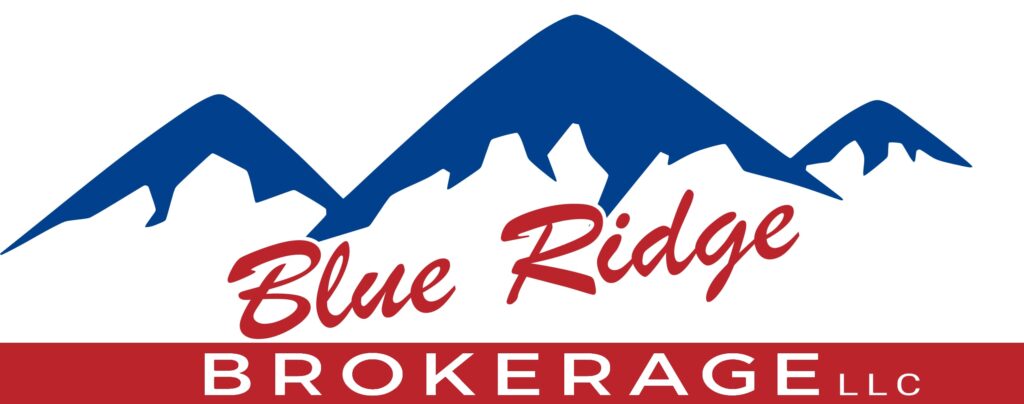Determine Your Overall Objectives
Spending time to understand all aspects of your objectives will help prioritize your goals and develop an expectation of value.
Financial
What value do you want to achieve. How do you want to manage and allocate your proceeds from the sale.
Legacy
Is there a legacy that you want to maintain. how do you want to achieve that.
Employees
How to handle communication to employees. Any key employees to protect through the sale of the business
Brand
Any Brand requirements. Brand Value. Community impact.
Your Story
Create a selling memorandum that provides the history of your business, its origin, growth and future outlook.
Timing
Understand your level of motivation to sell.
Financial Reporting
It is important to provide financial information with the highest level of confidence from audited to management prepared.
Financials
Provide 3 – 5 years historical financial statements, year-to-date profit and loss, and balance sheet
Tax Return
3 – 5 years tax returns
Aging A/R
Aging accounts receivable
Inventory
List of inventory and value
FF&E
Furniture, Fixture and Equipment list and value. Book Value vs Market Value
Discretionary Expenses
Detailed list of expenses that are for the Benefit of the owner.
Transition Plan
A business transition plan is one of the most important factors, outside of financial performance for a Buyer.
Phase Out of day-to-day Business
The ideal scenario when putting your business on the market, is when you no longer have your hands in any part of the day to day operations.
Consulting Agreement
Will you agree to stay on for a specific time period. For how long and for what price.
Management
Will your key managers stay in the business or will any need to be replaced. What is the cost associated. Keeping managers in place is most often more desirable to a Buyer.
Family Dynamics
Any relatives in the business. Does this impact the structure of a purchase agreement.
